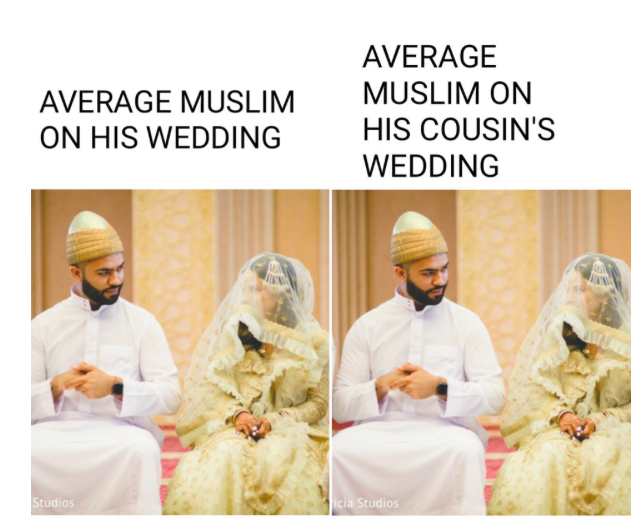Kinds of marriages in Islam – Part 1 of 2


All marriages in Islam are contractual in nature and come with a set of rules, depending on the requirements and circumstances. This was the need of time back in the day as men were away from their homes and families for days and months owing to wars, trade activities or simply to loot caravans. Additionally men had the onus to keep expanding the tribe called Islam in whichever manner they could. It should also be noted that slave girls and boys were utilized under separate verbal agreements and were never a part of Islamic marriages. These were only valid for ‘free’people.
1. Nikah – The more common way of getting married among Muslims. It is a contract which both parties sign to enter into marriage. It is a prenuptial agreement which can be extensively used by either side to decide on matter of property division during and after marriage, about the responsibilities of the wife in household matters as well as in looking after children, and more importantly what will happen in the event of the couple getting divorced, who will keep what. The contract also specifies the amount of “Mehr” which is once again to be paid by the husband to the wife. There are 2 kinds of Mehr – Moajjal (Prompt) and Mawajjal (Deferred). Mehr e Muwajjal has to be paid to the wife before the marriage is consummated, and Mawajjal can be demanded by the wife at any time during the marriage. If the husband convinces the wife that he will pay the Moajjal part at a later date, the wife can deny him sex until he does so. In most cases, the Molvi and relatives from both sides make the Nikah contact favourable towards the groom, not giving the wife any rights towards the children or property division in the case of a divorce. Most importantly, the clause about the woman taking Talaq (not Khula) on her own is cut out from the form altogether. Women usually are not given the contract to read and comment on, and are just expected to blindly sign on it
DISCLAIMER: The author is solely responsible for the views expressed in this article. The author carries the responsibility for citing and/or licensing of images utilized within the text.
